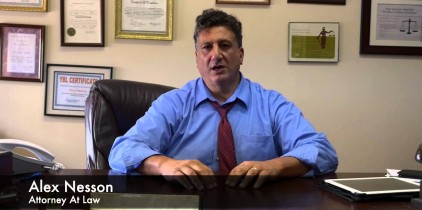What happens is a social worker from DCF will come to your home. If it is a non-emergency investigation, you are entitled to have an attorney with you; or have someone else present to be there as a witness for you.
The DCF social worker and investigator will discuss what the allegations in the report are. They can deal with other aspects of your life; whether it is putting your life under a microscope; whether it is financial, medical, emotional, substance abuse, developmental delays with children, housing situation and so forth. The social worker can also speak to other members of your family. The social worker will likely want to see the children in your home; particularly, regarding any child or children on who the reports been filed.
Most times they will want to examine the home; which might include taking a tour of the home; including looking in the refrigerator and cabinets to make sure there is enough food and appropriate clothing and things like that throughout the house. Many times, DCF will want to talk with service providers; including, daycare providers, relatives, doctors and other people who might know about you and the children.
It can be used against you, both by DCF and supporting or un-supporting the 51A allegations and even going to court.
Is there an obligation for you to talk to the social worker? And the answer to that is that there is not a legal obligation, you can refuse to answer any questions or participate at all in the investigation into your home. However, each case is fairly unique and you want to determine whether or not DCF will then believe that your child is in significant danger where they might try and get either the courts or even the police to help them to get to see your child.
Having an advocate or an attorney can give you a lot of good advice about whether or not to cooperate with DCF or not.







